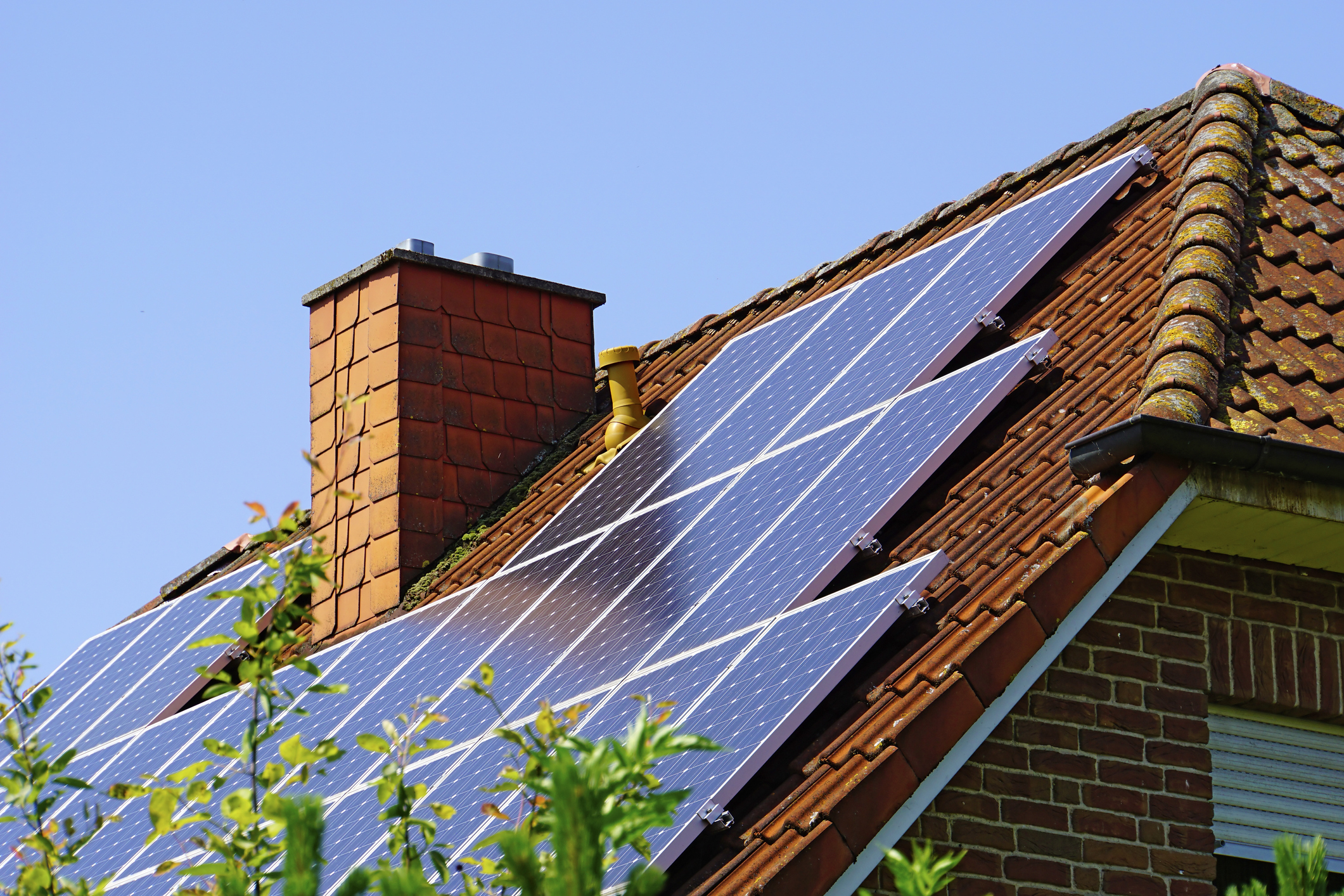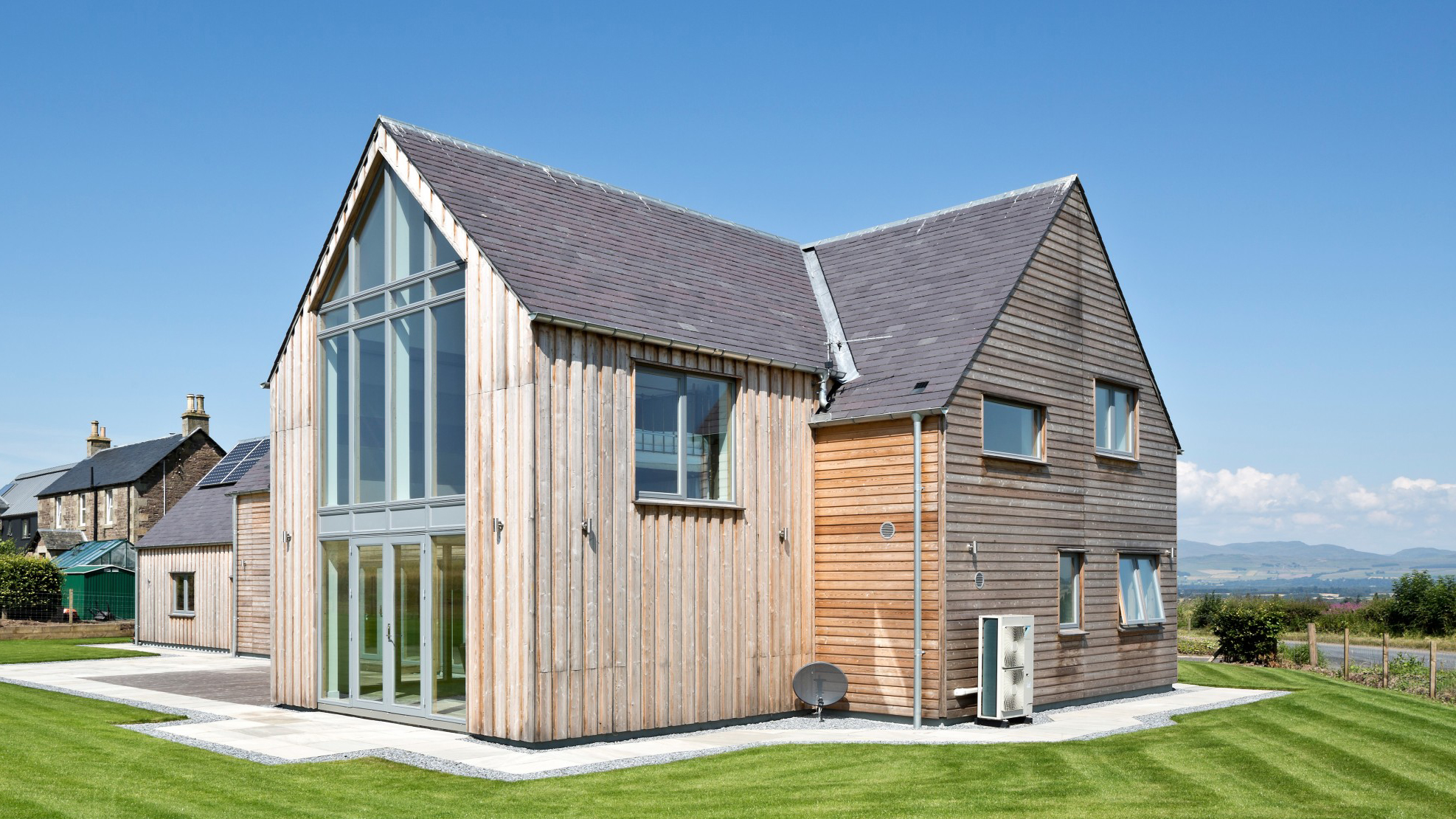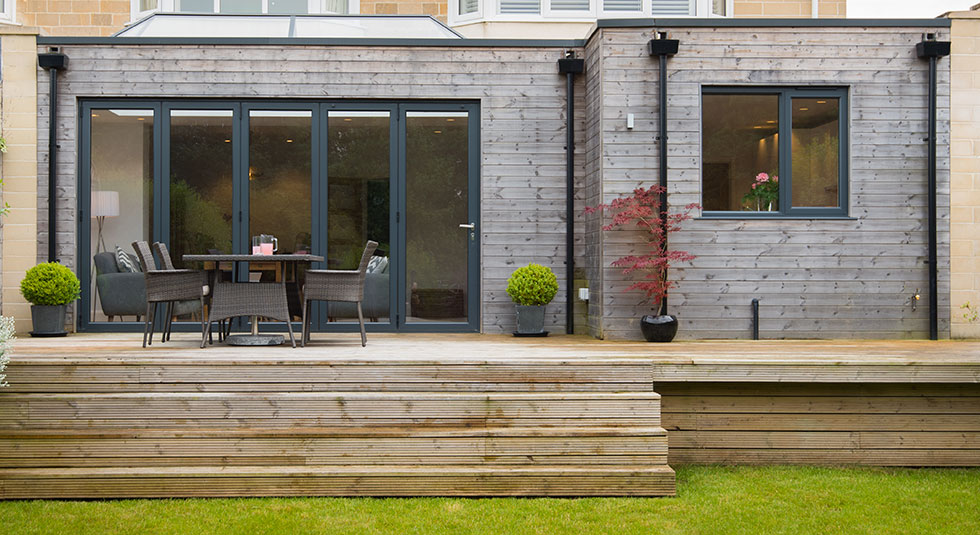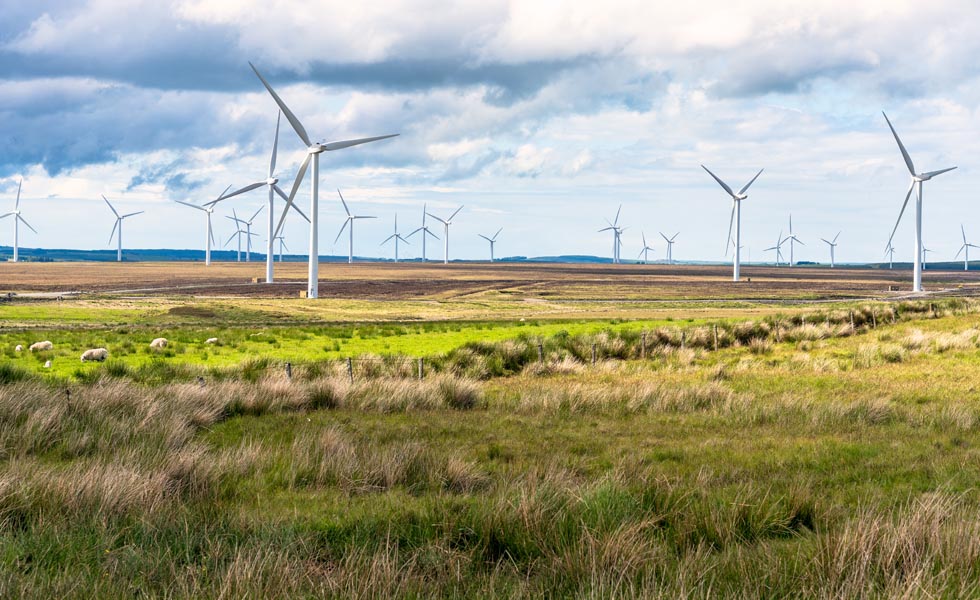Net Zero Strategy Published: Key Takeaways
The government's Net Zero Strategy is out, so what impact could it have on homeowners?

The UK government has set a target that the UK will be net zero by 2050, which will end up affecting most, if not all homeowners in the UK.
Around 14% of the UK’s carbon emissions comes from heating our homes, according to the Committee on Climate Change, so homeowners will eventually be required to make changes to their homes to improve their energy efficiency.
Ahead of the UN climate summit COP26 taking place in Glasgow in November, the government published its Net Zero Strategy on Tuesday, which includes key roadmaps for industries, and is supposed to dramatically reduce greenhouse gas emissions in the UK. It also published the Heat and Buildings Strategy on the same day.
Here’s how the government's net zero objectives could affect you and your home.
(MORE: Home Improvers Key to Zero Carbon Homes)
Net Zero Strategy Announcements
The Net Zero Strategy states the aim to fully decarbonise the power system by 2035, and to ensure that all heating appliances in homes are low carbon from 2035.
However, the Heat and Buildings Strategy confirmed that while a blanket gas boiler ban may not be on the cards, there will be incentive-led transition to more sustainable home heating.
Sales will end of new petrol and diesel cars by 2030, with £620m funding allocated for zero emission vehicle grants. Charging an electric car at home may soon become the new normal.
But a review published by the Treasury on Tuesday alongside the Strategy said that it is not possible to forecast how individual household finances will be hit over the course of the transition to net zero.
Other pledges include:
- To deliver 40GW of offshore wind by 2030
- To deliver 5GW of hydrogen production capacity by 2030 and halve oil and gas emissions
- To invest £2bn investment to help half of journeys in towns and cities to be cycled or walked by 2030
- To invest an extra £625m for tree-planting
What is Net Zero?
Net zero is the process of achieving a balance between the carbon emitted into the atmosphere, and the carbon removed from it. Once the former is no greater than the latter, net zero will be achieved.
Reaching net zero will not be easy. It will require significant reductions in the emissions that come from our homes, from our gas boilers for example, which will mean homeowners will have to make changes to improve their home’s energy efficiency, such as installing a heat pump or hydrogen boiler.
It will also require industries to make significant changes to their operations to lower their emissions. The car industry will need to shift towards developing electric vehicles, and energy suppliers that generate electricity from burning fuels such as coal, oil and natural gas will need to adopt low-carbon alternatives.
Agriculture will be affected too, with farmers required to transition to low-carbon food production methods through changes to farm management practices.
(MORE: How Will Hydrogen Heating Work in Homes?)

What Does Net Zero Mean for Homeowners?
It is expected that the majority of existing UK homes will need to be retrofitted in some way to help reach net zero by 2050.
In the government’s Energy White Paper, published in December, ministers said that a major programme for retrofitting homes to improve energy efficiency would be introduced, but this has not yet been launched.
Campaigners including the Federation of Master Builders and the National Home Improvement Council have long advocated for a national retrofit strategy to make our homes greener, healthier, and more affordable to run.
There are currently no compulsory measures to drive homeowners towards retrofitting, but there are several improvements you can make to improve your home’s energy efficiency. These include:
- Installing air source heat pumps or ground source heat pumps
- Adding triple glazed windows
- Improving your insulation
- Adding solar panels
- Draught proofing
- Installing smart heating controls
How Government Plans Could Impact You
Since the 2019 net zero announcement, the government has been moving to advance green initiatives, and has recently published a string of plans designed to accelerate the push towards net zero:
- 10-Point Plan for a Green Industrial Revolution (November 2020): this pledged to install 600,000 heat pumps in homes every year by 2028, and develop the first town powered entirely by hydrogen by 2030
- Sixth Carbon Budget (April 2021): this set the 'world's most ambitious' targets to combat climate change, with the UK confirming it will bid to reduce emissions by 78% by 2035
- Hydrogen Strategy (August 2021): this pledged for up to 35% of the UK’s energy consumption to come from hydrogen by 2035
- Heat and Buildings Strategy (October 2021): this detail plans to improve the energy efficiency of our homes, and unveiled the Boiler Upgrade Scheme to make heat pumps cheaper for homeowners.

Will Gas Boilers be Banned?
A gas boiler ban has been considered an unavoidable check point on the road to net zero. It could mean millions of British households will either need to replace their boilers with heat pumps or install boilers that are capable of running on hydrogen gas.
It had been expected that gas boilers will be banned from new build homes in 2025, but in the Heat and Buildings Strategy the government said it was planning to consult on whether it is "appropriate" to prevent new build homes from being connected to the gas grid in England from 2025.
The Heat and Buildings Strategy also confirmed that while there won't be a gas boiler "ban", government targets are in place to ensure only low-carbon heating systems are installed in existing homes from 2035.
What Financial Help is Available for Homeowners?
To help homeowners afford the initial upfront cost of energy-efficient improvements, the following government schemes are available:
- Domestic Renewable Heat Incentive — applications are open until March 2022 for financial support towards heat pumps, biomass boilers and solar thermal panels
- Boiler Upgrade Scheme (the new name for the Clean Heat Grant) — this will replace the domestic RHI from April 2022, enabling homeowners to apply for up to £6,000 towards installing low-carbon heating systems, such as heat pumps.
It has also been reported that the Green Homes Grant could be rebooted later this year in the October Spending Review.

Why is the UK Striving For Net Zero by 2050?
Scientific evidence tells us that greenhouse gas emissions, stemming from human activity, are a significant contributor to climate change. The UK government declared a climate emergency in May 2019.
Then in June 2019, the UK became the first major economy to approve legislation committing to reduce the UK’s net emissions of greenhouse gases by 100% (relative to 1990 levels, the earliest available data point for annual global decarbonisation) by 2050. In 2018, UK emissions stood at 57% of 1990 levels.
To advance net zero, the government has made pledges relating to:
- Offshore wind — wind power will be used to produce enough electricity for every home in the UK by 2030
- Future homes — the Future Homes Standard will come into effect in 2025 and ensure that new homes are futureproofed with low-carbon heating systems and high levels of energy efficiency.
- Heat networks — three heat network schemes aiming to increase low-carbon heating production were granted £30m from the Department for Business, Energy and Industrial Strategy (BEIS) in May.
And in May, the government also announced a £166.5 million funding package to develop technologies in carbon capture, greenhouse gas removal and hydrogen.
Is Net Zero Possible?
Net zero by 2050 is a bold target that will require significant changes from homeowners as well as industry.
There is a glimmer of hope though. Government data from March 2021 shows the UK’s emissions have fallen by 48.8% from 1990 levels, and both the Committee on Climate Change and IEA assert that net zero by 2050 is possible.
But BEIS says that major challenges lie ahead in persuading homeowners to install heat pumps, which could cost up to £35,000 per home. At an online event for the industry in May, BEIS conceded that it was “uncertain” what the “optimal solution” was to encourage behaviour change among consumers.
Get the Homebuilding & Renovating Newsletter
Bring your dream home to life with expert advice, how to guides and design inspiration. Sign up for our newsletter and get two free tickets to a Homebuilding & Renovating Show near you.
Jack has worked in journalism for over a decade and was the former News Editor of Homebuilding & Renovating between 2019 until 2023. In his time as News Editor he broke the most relevant and beneficial stories for self builders, extenders and renovators, including the latest news on the construction materials shortage, planning permission and green initiatives. In 2021 he appeared on BBC's The World at One to discuss the government's planning reforms.
He enjoys testing new tools and gadgets, and having bought his first home in 2013, he has renovated every room and recently finished a garden renovation.

